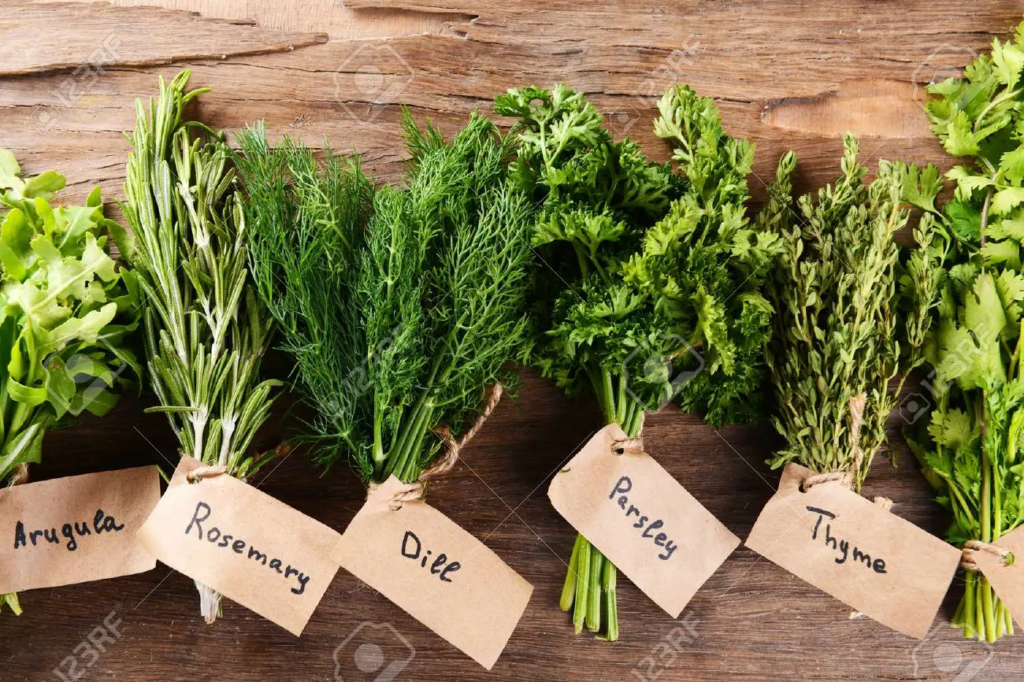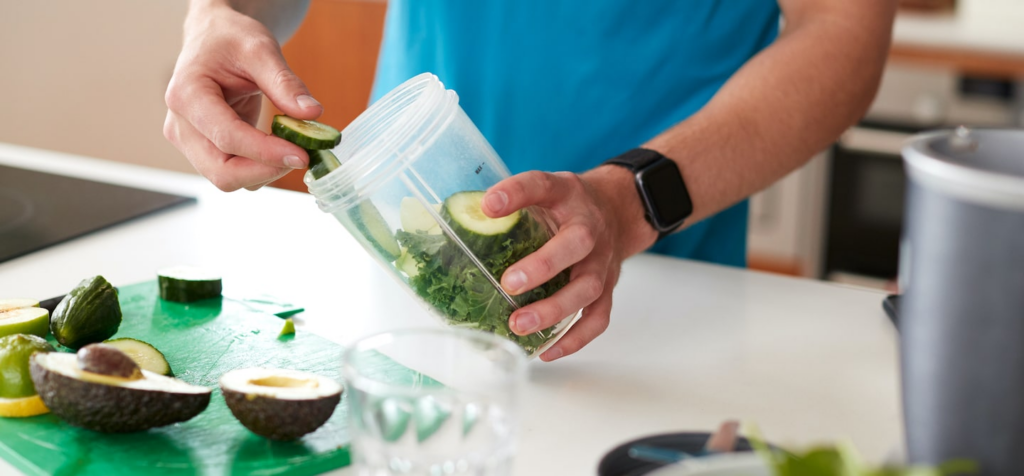It’s not enough that you cleanse your external body. Being clean inside and outside your body can’t be overstated.
Free radicals, the unstable molecules generated in our bodies through various internal and external factors, pose a constant threat to our cells and DNA.
If left unchecked, they can contribute to the development of chronic diseases, accelerate aging, and impair overall vitality.
Fortunately, nature has provided us with a remarkable arsenal to combat these free radicals. Herbal antioxidants, derived from a wide range of plants and botanical sources, offer a natural and potent defense against oxidative stress.
Through their unique chemical composition, these plant-based antioxidants have been shown to neutralize free radicals, protect our cells from damage, and support our bodies’ optimal functioning.
Kinds of Herbal Antioxidants

Nature’s bounty has graced us with a diverse array of plant-based antioxidants, each possessing distinct compounds and characteristics that contribute to their potent antioxidant activity.
Derived from various botanical sources, these herbal antioxidants offer a captivating tapestry of options to nurture our well-being.
Among them is olive leaf extract, which stands as an exceptional example of herbal antioxidants derived from multiple substances. Below are the kinds of herbal antioxidants and their notable sources:
Polyphenols
Polyphenols, a diverse group of antioxidants, are plentifully present in numerous plant sources. Flavonoids, phenolic acids, and stilbenes are just a few examples of compounds that fall under the umbrella of polyphenols.
These antioxidant-rich substances contribute to the vibrant colors and potential health benefits found in fruits, vegetables, herbs, and spices.
With their wide-ranging chemical structures and properties, polyphenols offer a spectrum of protective effects against oxidative stress and cellular damage. Examples of polyphenol-rich herbal antioxidants include:
- Green Tea. Green tea contains potent polyphenols called catechins, particularly epigallocatechin gallate (EGCG), known for its powerful antioxidant properties.
- Turmeric. The vibrant yellow spice turmeric, derived from the Curcuma longa plant, contains the polyphenol curcumin. Curcumin is known for its antioxidant and anti-inflammatory effects.
- Grape Seeds. Grape seeds are a rich source of proanthocyanidins, a type of flavonoid. Proanthocyanidins exhibit potent antioxidant activity and are widely used in supplements.
Carotenoids
Carotenoids are vibrant natural pigments that lend their vibrant colors to a wide range of fruits and vegetables.
These compounds serve not only an aesthetic purpose but also provide notable antioxidant benefits.
Found abundantly in sources such as carrots, tomatoes, and leafy greens, carotenoids act as potent antioxidants in the body. Their antioxidant properties help protect cells from oxidative damage caused by free radicals. Some noteworthy carotenoids include:
- Beta-Carotene. Abundant in carrots, sweet potatoes, and leafy greens, beta-carotene is converted into vitamin A in the body. It acts as a potent antioxidant, supporting skin health and immune function.
- Lycopene. Found in tomatoes, watermelon, and pink grapefruit, lycopene is a carotenoid with strong antioxidant properties. It has been associated with promoting heart health and protecting against certain types of cancers.
Anthocyanins
Anthocyanins are natural pigments that lend vibrant red, purple, and blue colors to a multitude of fruits and berries.
These striking hues are a visual manifestation of the presence of anthocyanins. Beyond their aesthetic appeal, anthocyanins also possess notable health benefits.
Research suggests that these pigments may offer antioxidant and anti-inflammatory properties, potentially supporting overall well-being.
Including a variety of anthocyanin-rich foods, such as blueberries, cherries, and blackberries, in our diet allows us to experience their visual beauty while potentially reaping the advantages they offer for our health.
They offer potent antioxidant benefits, and examples of anthocyanin-rich herbal antioxidants include:
- Blueberries. Blueberries are renowned for their high anthocyanin content, providing strong antioxidant and anti-inflammatory effects. They are often considered a superfood for their potential health benefits.
- Acai Berries. Native to the Amazon rainforest, acai berries are rich in anthocyanins. They are celebrated for their antioxidant properties and are commonly consumed as a health supplement or in smoothies.
Resveratrol
Resveratrol is a polyphenol compound that is abundantly present in the skin of red grapes, berries, and peanuts.
This compound has gained recognition for its remarkable antioxidant properties, which help protect cells from oxidative stress and damage.
Additionally, resveratrol has been associated with potential anti-aging effects, contributing to its popularity as a natural ingredient in skincare products.
Research suggests that resveratrol may also have beneficial effects on heart health, such as supporting cardiovascular function and promoting healthy blood circulation.
Its diverse potential benefits have sparked interest in resveratrol as a promising compound for longevity and overall well-being.
Quercetin
Quercetin, a flavonoid antioxidant, can be found abundantly in a variety of fruits, vegetables, and herbs.
This potent compound is recognized for its anti-inflammatory properties and antioxidant effects, which contribute to its potential health benefits.
Quercetin is known to support immune health, making it a valuable component of a well-rounded wellness regimen.
Onions, apples, citrus fruits, and many other plant-based foods serve as excellent sources of quercetin, allowing us to incorporate this beneficial antioxidant into our daily diet and promote overall well-being.
Supplementary Ways to Detoxify Your Body

Detoxification is a natural process that your body performs to eliminate toxins and waste products.
While your body has its own built-in detoxification mechanisms, there are several additional practices you can incorporate to support and enhance this process. Here are some other ways to detoxify your body:
- Stay hydrated
- Eat nutrient-rich foods
- Minimize exposure to pollutants
- Exercise regularly
- Get sufficient sleep
- Practice deep breathing and meditation
- Support liver health
- Limit alcohol and caffeine
- Do sauna or steam therapy
- Manage stress
Embrace Herbal Antioxidants for Lasting Well-being
Herbal antioxidants stand as a remarkable testament to nature’s wisdom and its profound impact on our health and well-being.
As we integrate herbal antioxidants into our lives, we tap into a centuries-old legacy of traditional healing practices and merge it with modern scientific understanding.
However, it is essential to approach herbal antioxidants with a holistic perspective. While their benefits are promising, they are not a magic cure-all.
Maintaining a balanced diet, engaging in regular physical activity, and adopting a healthy lifestyle are crucial factors in achieving overall wellness.
As we harness their potential, we can forge a path toward vitality, resilience, and longevity. With each mindful choice, we embrace the transformative power of these plant-based warriors and move forward in pursuit of vibrant health and well-being.

Jean Smith is a fitness enthusiast and blogger who focuses on fitness and a healthy lifestyle. She is passionate about assisting people in living healthier lifestyles and is constantly on the lookout for new and creative methods to stay fit and healthy. Her articles are excellent resources for anyone interested in improving their health and fitness.
